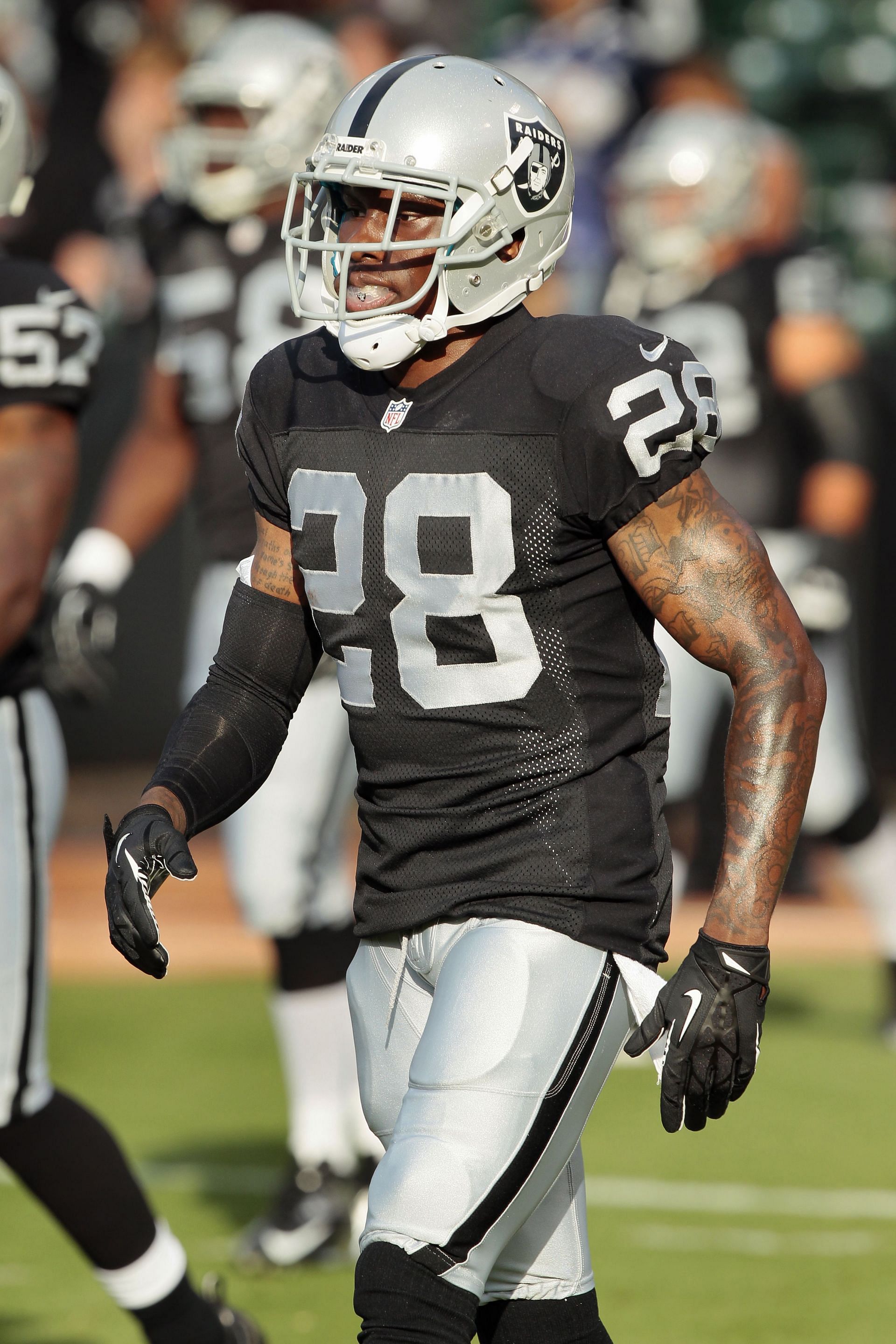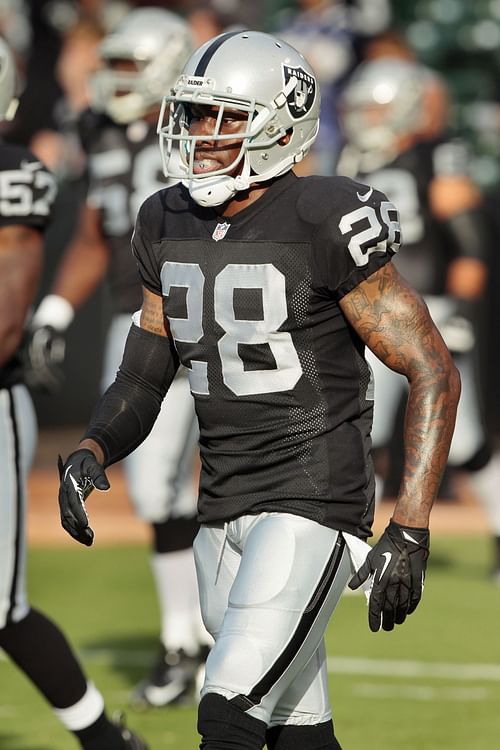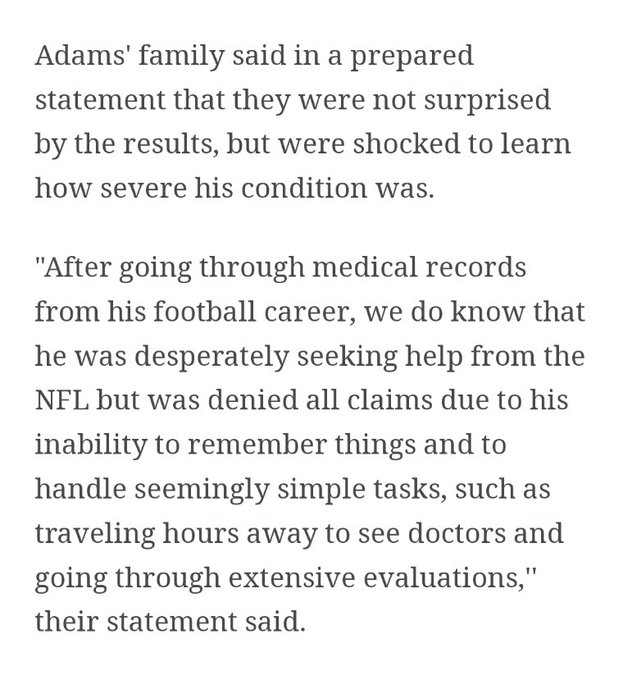
How did former NFL player Phillip Adams die?

As 2021 draws to a close, we are reminded of a devastating event involving a former NFL player from earlier in the year.
Back in April, 32-year-old Phillip Adams was responsible for murdering six people at gunpoint in his hometown of Rock Hill, South Carolina. Adams approached the home of Dr. Robert Lesslie, fatally shooting two air conditioning technicians. After forcing himself into the house, Adams proceeded to gun down Dr. Lesslie, his wife, and their two grandchildren (aged five and nine).
A day later, authorities surrounded the home of Adams' mother to arrest Adams for the murders. After removing the mother from the situation, Adams ended his life inside the house by shooting himself before police could get to him. His father, Alonzo Adams, believed his son's NFL career to have been the probable cause behind the defensive back, who had no previous criminal record, going rogue and committing six murders. Over eight months later, the results of Adams' autopsy have come forward.
Also read: NFL Rumors: Bruce Arians unsure about Antonio Brown's future with Buccaneers
Dr. Ann McKee, a neuropathologist at Boston University, spoke on Tuesday about her findings after studying former NFL player Phillip Adams' brain. She stated that Adams had "unusually severe stage 2 CTE" in both frontal lobes of his brain. Stage 4 is the most severe case of CTE. Dr. McKee linked his pathology to that of another former NFL player who killed himself after being convicted of several killings — Aaron Hernandez (who McKee also examined after his death).
"Mr. Adams' CTE pathology was different, however, from other young NFL players with CTE. It was different in that it was unusually severe in both frontal lobes." - Dr. McKee on Phillip Adams
Aaron Hernandez was diagnosed with stage 3 CTE, which is commonly linked to cognitive and memory loss, along with large tears in the membrane of the brain. Adams' CTE was stage 2, but it was so severe that it had the same effects as a severe stage 3. Unofficially, you could argue CTE was a major player in Adams' downfall.
What is CTE? History in NFL
CTE, also known as chronic traumatic encephalopathy, can be characterized by the unusual buildup of a protein in the brain called tau. The stages of CTE are classified based on the amount and location of tau buildup. To put it simply and relate it to the NFL, CTE is caused by head trauma and the rattling of the brain inside the head, smacking off the skull. A history of concussions can lead to CTE, making it more and more common in the NFL and contact sports altogether. CTE can bring on unusual behavior, sudden bursts of rage, confusion, memory loss, and even suicidality.
Outside of Hernandez and Adams, the NFL has had dozens of high-profile cases of CTE resulting in the deaths of former players: Mike Webster (one of the first NFL players diagnosed officially), Ken Stabler, Ray Easterling, Dwight Clark, Junior Seau, Ollie Matson, and Tom McHale.
Phillip Adams' NFL career
Phillip Adams was a 2010 7th-round defensive back in the NFL from 2010 to 2015, playing for teams like the San Francisco 49ers, the Seattle Seahawks, the Oakland Raiders, the New York Jets, and the Atlanta Falcons. Prior to the NFL, Adams played college football at South Carolina State University and for his high school, Rock Hill High School in South Carolina. Adams finished his career with 78 total games, 128 tackles, one forced fumble, five interceptions and 15 deflected passes.
Adams' former agent informed CNN that his client was once diagnosed with two concussions in a span of three games back in 2012. According to Adams' family, he was reportedly denied help due to his inability to remember to travel to see specialists and take evalutions.
Also read: "Tell that quarterback he's gotta get the vaccine" - Joe Biden has a blunt message for Aaron Rodgers
